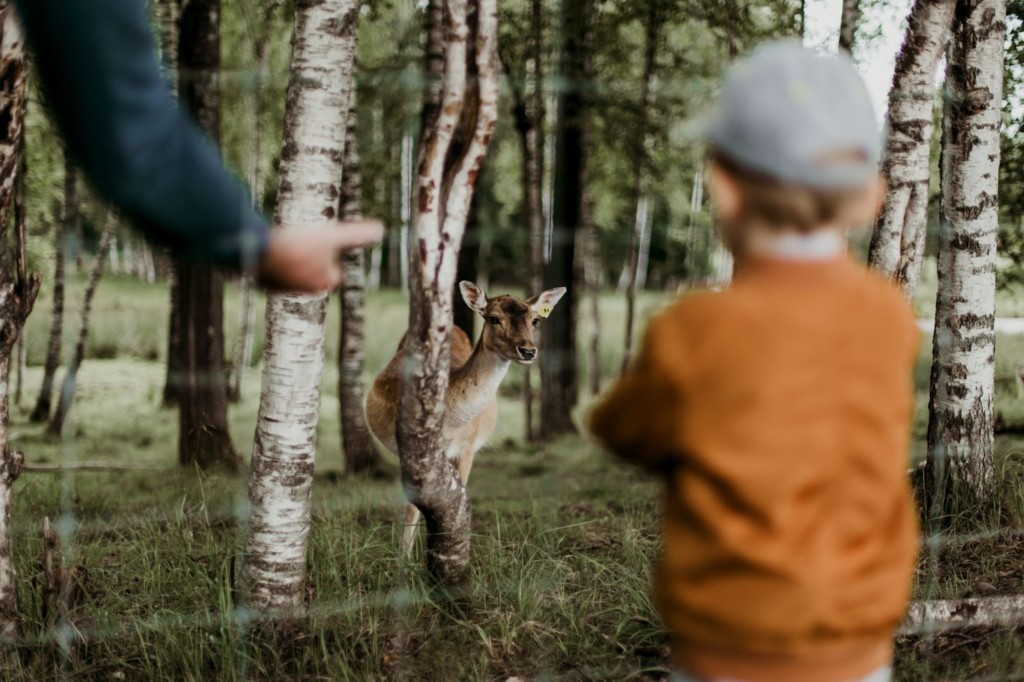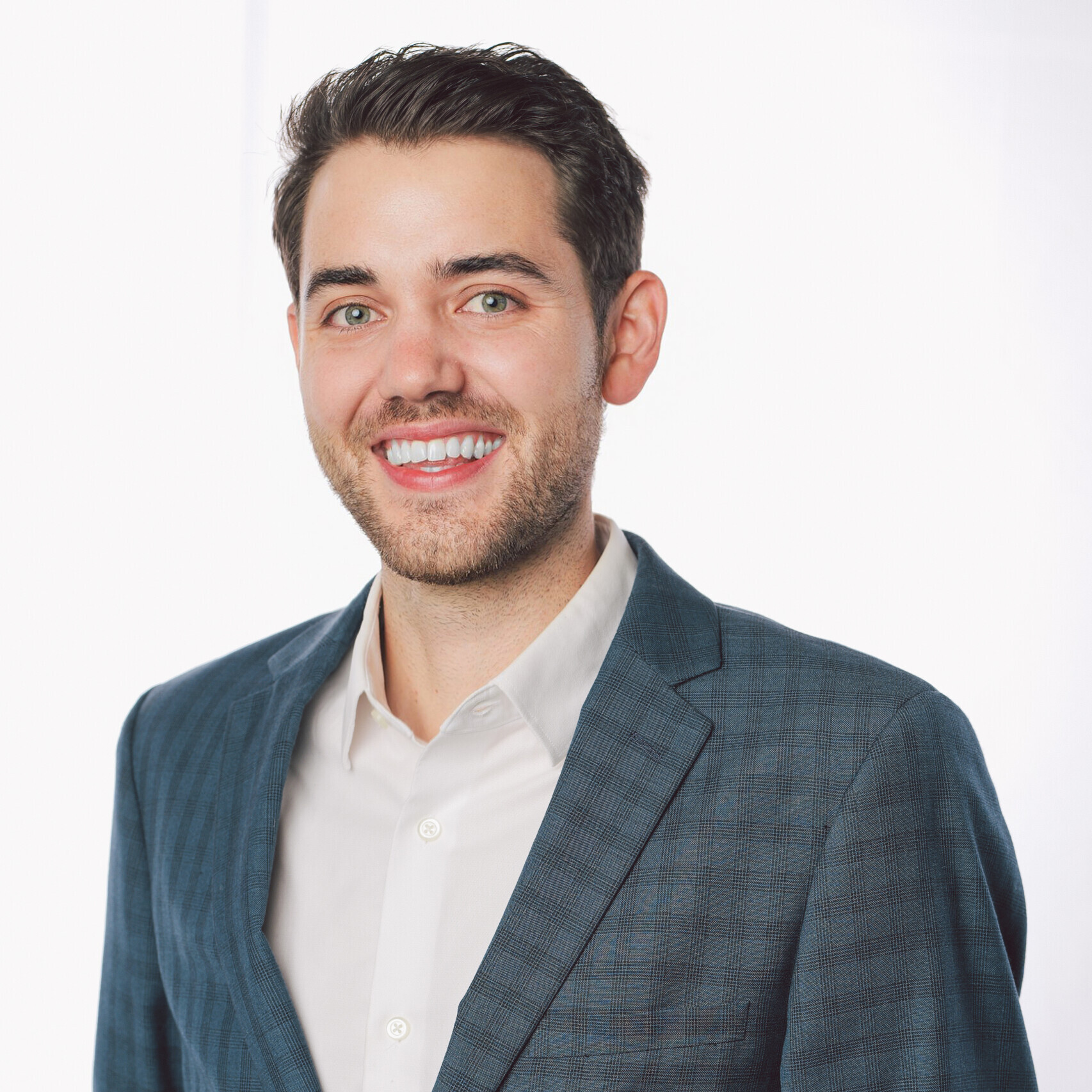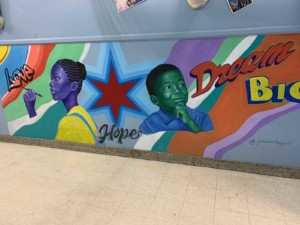Human-Centered Learning May Be Missing the Point
Key Points
-
What would it look like to shift equity and inclusion to encompass a more full ecological lens?
-
Equity work as we know it must incorporate the liberation of the marginalization of the natural world.

Thanks to the rise in human-centered tools: frameworks, mindsets, marketing, etc. the term has really caught hold of the education space. While it is movement in the right direction (centering students, stories and compassion), it might be time to re-evaluate whether or not it is taking us where we really want to be.
For centuries, Western civilizations have been becoming “human-centered” by destroying, seizing and capitalizing on land and all its occupants. In many ways, this turn towards being human-centered has actually gotten us where we are today. It’s time to ask ourselves if this is the true path forward.
A close relative of human-centered is ‘equity’, a term that has been very effective at raising awareness and, increasingly action, of marginalized communities and their tribulations. Equity, at its current conception, is largely human-centered and addresses primarily intrahuman relationships. What would it look like to shift equity and inclusion to encompass a more full ecological lens?
All My Relations
Mitákuye Oyás’iŋ is a Lakota phrase that roughly translates to “All are related”. This phrase is an inclusive net capturing all living things from bears and bugs to mountains and rivers — it is a core piece of worldview-shifting that sidesteps the more toxic anthropocentric worldview, held by a powerful and permeating group, and works towards the benefit of true communities – all of the life around us.
For thousands of years, humans worked to better understand the interconnectedness of life. Often this looks like sharing part of a harvest with the land. I remember working on a farm with a burgeoning Brazilian chef and being stricken when we went to fetch eggs from the chicken coop that she grabbed 4 eggs and left 4 eggs, saying “the other 4 are for the chickens!”
What would it look like to shift equity and inclusion to encompass a more full ecological lens?
Mason Pashia
There are numerous often-cited examples of profound reciprocity, one of which, ubuntu, comes from humanist African philosophy and means something akin to “I am, because you are.” It actually comes from “a zulu phrase, ‘Umuntu ngumuntu ngabantu’, which literally means that a person is a person through others.”
Carry Your Responsibility
Auamo Kuleana is a Hawaiian phrase that translates to something akin to “carry your responsibility.” The broader cultural understanding of this responsibility is that it is a responsibility to loved ones, to your community and to the Earth.
What would it look like to teach loving those around you with the same intensity as loving the Earth? How might we take the momentum currently possessed by the human-centered equity movement and zoom out to maximize impact for all living things?
Interconnectedness
In Aboriginal Australian belief, the word Kanyini means “responsibility and unconditional love for all of creation.” This framework envelops the four principles of aboriginal life:
Tjukurrpa – Creation Period (or what non-aboriginals call ‘dreamtime’)
Kurunpa – Spirit, Soul, Psyche
Walytja – Family, Kinship
Ngura – Land, Home, Place or Mother
In Western thought and most Western languages, we don’t have a word for this interconnectedness of all life. It shows.
Regenerating Learning
On an episode of the Getting Smart Podcast, Maggie Favretti (whose urgent book is available for pre-order) and Benjamin Freud, Ph.D went long on ‘regenerative learning’, a concept that goes beyond understanding the world around us and implies action towards contributing back towards the Earth. This type of learning is based on the basic principles of ecosystems such as reciprocity, repair and redesign.
This omnidirectional gratitude is a key part of thriving and helping those around us to do the same. Largely informed by indigenous knowledge, place- and purpose-based learning and a growing understanding of sustainable and regenerative practices, this new framing of learning not only connects young people more inextricably with their community but also their place and the future of the planet.
- How might we apply a regenerative lens to teaching young people about career exploration, pathways and purpose?
- How might we expand the lens of the classroom and community into the environment?
- How might we consider the ways we give back to both society AND the planet?
Equity may not be the word meant to house environmental justice, the interconnectedness of all things and unconditional love – however, it is a great term for building awareness of those who have long been marginalized and neglected through malicious strategies, oversight and narrow understandings of acceptance. Equity work as we know it must incorporate the liberation of the marginalization of the natural world. For now, this awareness is what we need to reshape minds and hearts toward a more inclusive world.







0 Comments
Leave a Comment
Your email address will not be published. All fields are required.